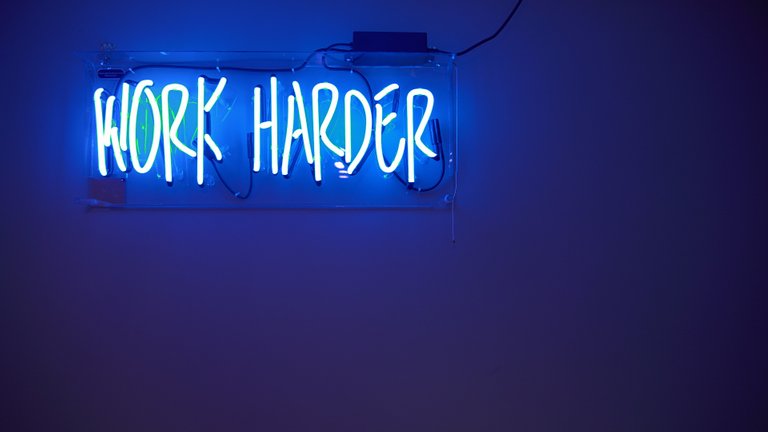Commonly if you take a feedback from the employees working from years 1 to 5 years, in any Organisation, the majority of the employees would say that I expect HR people to be more approachable, flexible, sensitive and prompt.While others may resent them for being power centres and arrogant.
If we Google the same there is a higher dislike towards HR due to the policies of Performance Evaluation Systems and the villain of all systems is the Bell Curve.
Its a eternal truth that a Customer may not be totally satisfied, with the product or service.But HR is for the people,by the people and for the people,rather it is Employee service Centre,then why is that such a dissatisfaction?
Well lets change the sides of the table and check the HR professionals.
Employees behave as per the Abraham Maslow’s theory of Motivation.-
One satisfied need gives rise to another dissatisfied need. So it is expected that there is bound to be a perennial dissatisfaction. Moreover one of the major roles of HR is being the spokesman for the Management, and translating their thoughts into policies; which may not always be in the favor and to the liking of the employees.
Yes and with today HR to employees ratio, the personal touch is somewhere getting lost and HR is more of grievance handling cell. More than the development aspect, today it is a fire-fighting and a System implementation function, added to that many companies want HR to be strategic in nature. So yes the basic connect is somewhere is getting lost. Given the benefit of doubt to all the above factors, the basic essence is bridge-building for the employees and communication.
So how do we restore our conventional role?

Image Source
I think the basic mindsets of the HR professionals should be trained to develop certain set of attitudes, the Sensitivity training, and Employee psychology to understand the function itself.
Secondly while recruiting itself the Organisation should be careful enough to select the right personality types to the jobs.
For eg: a recruiter should be analytical, a grievance handler should be sensitive and empathetic, while a HR administrator should be patient and people centric. So the right inputs would be in place.
Lastly,
lot of HR systems are information based, and data input is needed .So the efficiency and Time of HR professionals is wasted in juggling data and reporting statistics and information to the Management.
So concluding the expectations of the employees and the HR responsibilities and obligations towards the Macro duties are creating a disconnect. If as HR professionals understand this then probably efforts can be put in these areas and employee discontent would come down. Also would stand on a respectable platform.
One question would continue to haunt me that when HR professionals are unhappy where do they go and who takes care of them?

A very good article - it approaches the subject from an employee's perspective. I believe I might be able to add some additional insight to your post. HR will evolve and grow into increasingly strategic positions as they attempt to help employees and organizations increase their fit and compatibility with each other. Note that I put employees first :) HR's new role is directed towards ensuring that they represent the 'human' side of work management and participation as opposed to their role in previous years as representatives of the company (which led to their dislike among employees in general).
Thanks for your posting.
When I'm unhappy, I usually go to my boss, Hr director or country general manager to ask helpful advice :)